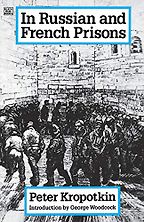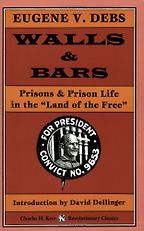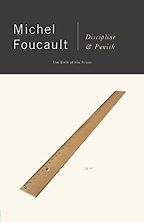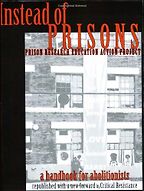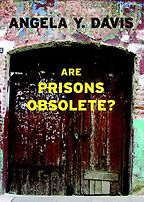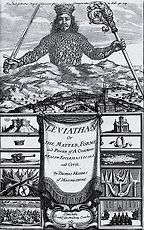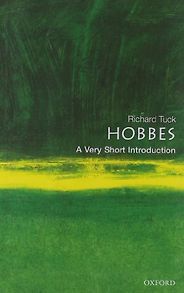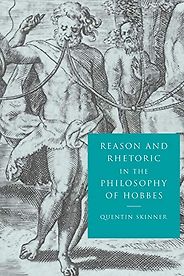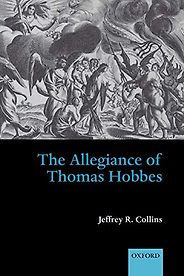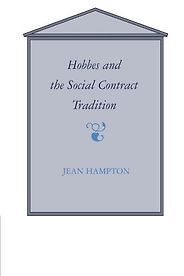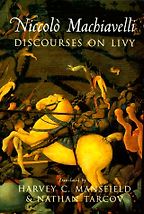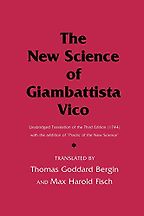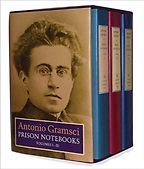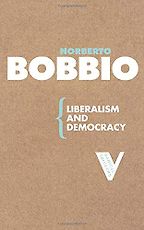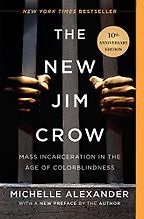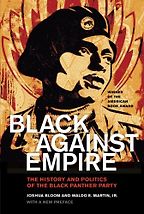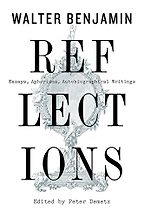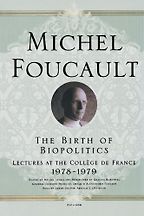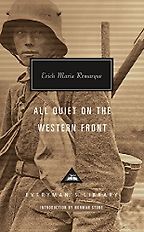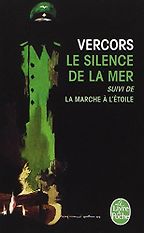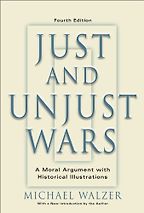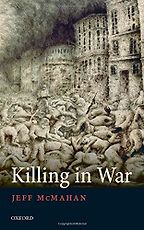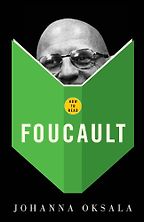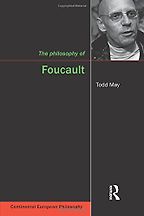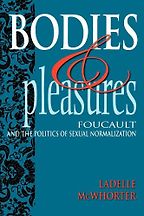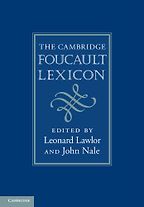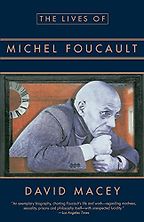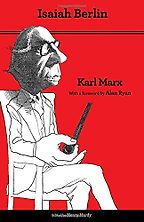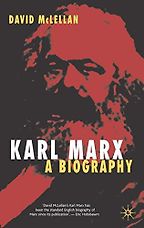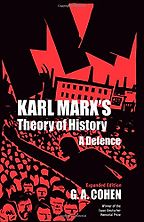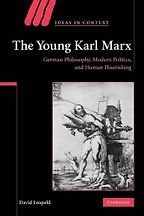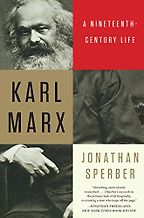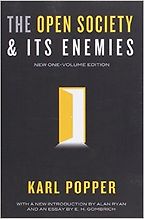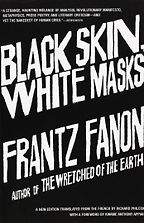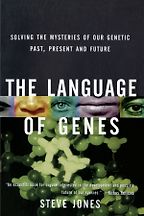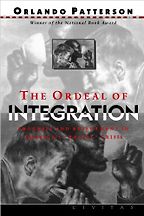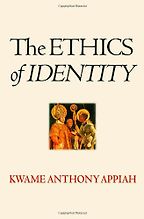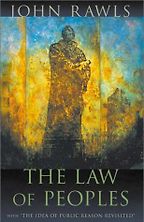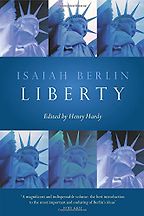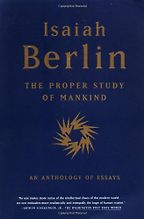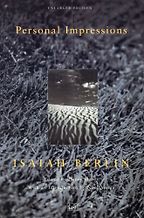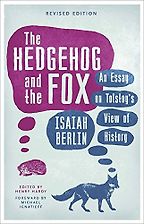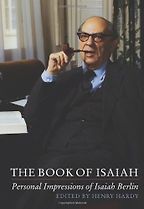Social & Political Philosophy
Last updated: August 23, 2025
What are the intellectual roots of Western liberalism, and what are its strengths and weaknesses? Our interviews on social and political philosophy recommend books that explore these and related questions from every angle.
On a general level two professors of politics, Gary Bass and John Tasioulas both choose their best (and very different) books on the subject of human rights. The philosopher Cecile Fabre chooses hers on war and the ethical dilemmas it throws up. Philosopher Carlos Fraenkel chooses his best books on philosophy in a divided world and Jonathan Wolff, professor of public policy at Oxford, chooses his best books on political philosophy.
Turning specifically to the liberal tradition, historian Eric Foner discusses the evolution of liberalism, focusing on American liberalism over the past 50 years. And Franklin Foer, editor of the New Republic, looks at the roots of liberalism, with a slightly longer perspective. Peter Berkowitz, fellow at the Hoover Institute at Stanford, talks about liberty and morality. Professor Timothy Stanton chooses his best books on toleration and John Gray, emeritus professor of political thought at the LSE, looks at critiques of utopia and apocalypse. Journalist Trevor Phillips gives us his best books on equality and Will Hutton his on fairness and equality. Maria Sveland talks about feminism, Kurt Barling looks at racism and Kwame Anthony Appiah at honour.
Gary Gutting looks at Foucault and Terrell Carver at Marx and Marxism, arguing that Marx was, in mid-19th-century terms, a liberal. US Supreme Court Justice Stephen Breyer discusses his intellectual influences. Henry Hardy chooses his best books on Isaiah Berlin.
The best books on Prison Abolition, recommended by Tommie Shelby
With almost two million people in prison in the US on any given day, it’s clear that something is going badly wrong. The question is what to do about it. Harvard philosopher Tommie Shelby talks us through five books by thinkers of the past 150 years who have argued that abolishing prisons is the only solution.
The Best Thomas Hobbes Books, recommended by Arash Abizadeh
Thomas Hobbes’s master work Leviathan, in which he argued for the need to unite under a powerful sovereign as part of a ‘social contract’, has become a cornerstone of Western political philosophy. Here, the philosopher and political scientist Arash Abizadeh selects five of the best books for understanding Hobbes’s arguments in their historical context.
-

1
Discourses on Livy
by Niccolo Machiavelli, trans. Harvey Mansfield and Nathan Tarcov -

2
The New Science of Giambattista Vico: Unabridged Translation of the Third Edition (1744)
by Giambattista Vico, trans. Max Harold Fisch and Thomas Goddard Bergin -

3
The History of European Liberalism
by Guido De Ruggiero, trans. R. G. Collingwood -

4
Prison Notebooks
by Antonio Gramsci, trans. Joseph A. Buttigieg and Antonio Callari -

5
Liberalism and Democracy
by Norberto Bobbio, trans. Martin Ryle and Kate Soper
The best books on Italian Political Philosophy, recommended by Guglielmo Verdirame
The best books on Italian Political Philosophy, recommended by Guglielmo Verdirame
Italy has a rich tradition of political philosophy, producing a number of thinkers with both practical experience and a cosmopolitan outlook. Here Guglielmo Verdirame, Professor of International Law at King’s College London, talks us through the five most important Italian political philosophers, and the best books to read to understand their work.
-
1
Violence and the Word
by Robert Cover -

2
The New Jim Crow: Mass Incarceration in the Age of Colorblindness
by Michelle Alexander -

3
Black against Empire: The History and Politics of the Black Panther Party
by Joshua Bloom & Waldo E. Martin Jr. -

4
Critique of Violence
by Walter Benjamin -

5
The Birth of Biopolitics: Lectures at the Collège de France, 1978–1979
by Michel Foucault
The best books on State, Power and Violence, recommended by Geoffroy de Lagasnerie
The best books on State, Power and Violence, recommended by Geoffroy de Lagasnerie
French philosopher and sociologist Geoffroy de Lagasnerie argues for a more realist political theory, one that fully acknowledges that state violence is the one thing in your life that you can never escape. His selection includes works by Michel Foucault and Walter Benjamin, as well as a history of the Black Panther Party.
The best books on War, recommended by Cécile Fabre
If killing is wrong, how can going to war be justified? Is it always wrong to kill civilians? If a Nazi soldier were billeted in your home, should you respond when he greets you? Philosopher Cécile Fabre chooses Five Books that help explore the profound ethical dilemmas of war.
The best books on Foucault, recommended by Gary Gutting
“Do not ask who I am and do not ask me to remain the same,” wrote Michel Foucault; a brilliant transdisciplinarian whose work spanned philosophy, history, social theory and literary criticism. He mined past ways of thinking so as to see present-day assumptions and practices afresh, explains the philosopher Gary Gutting.
The best books on Marx and Marxism, recommended by Terrell Carver
Few people have had their ideas reinvented as many times as the German intellectual and political activist, Karl Marx. Professor of political theory, Terrell Carver, takes us through the most influential books, in English, about Marx, Marxism and his friend, publicist and financial backer, Friedrich Engels.
The best books on Racism, recommended by Kurt Barling
The concept of ‘race’ is misleading and inaccurate, argues Kurt Barling, Professor of Journalism at the University of Middlesex and author of The R Word: Racism and Modern Society. He recommends the best books to think about racism.
The best books on Human Rights, recommended by John Tasioulas
What are human rights? Are they reducible to the rights enshrined in law or do they somehow objectively exist? Philosopher John Tasioulas picks the best five books on human rights.
The Best Isaiah Berlin Books, recommended by Henry Hardy
He was one of the great intellectuals of the 20th century, but a people person with little interest in publishing books. Henry Hardy, the editor who helped publish many of them, chooses the best books by (and one about) Isaiah Berlin.
